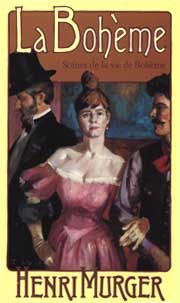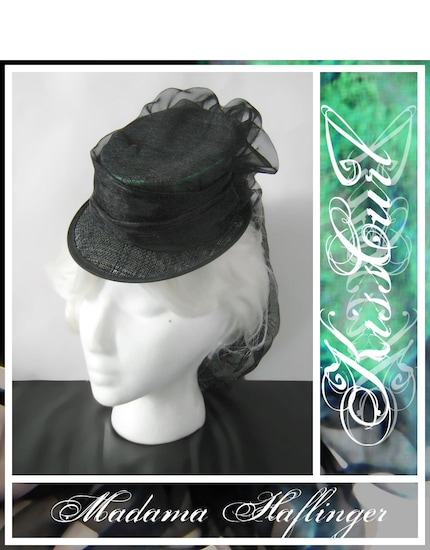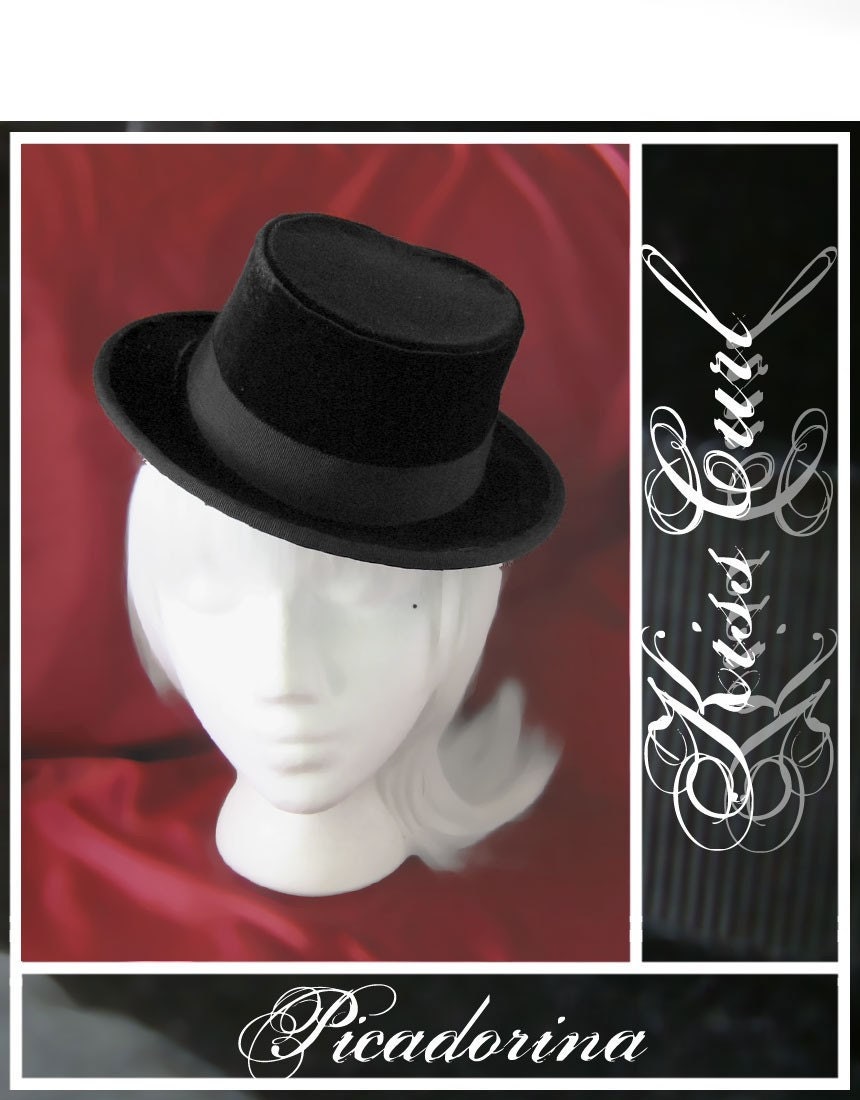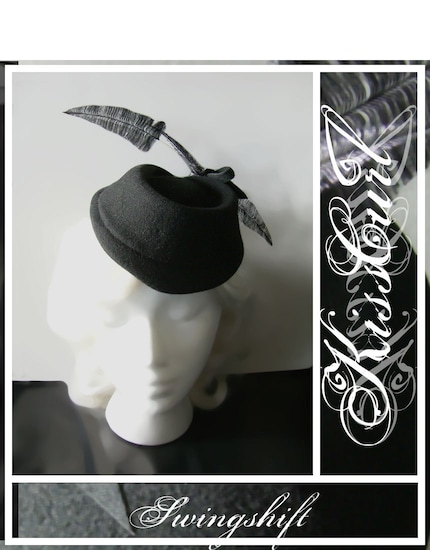I am a bohemian with a blog.
When I meet people I usually tell them that I'm a bohemian. Why? Because we're (bohemians) are not common and it's part of my quirkyness.
The first question I am usually asked is what it means to be a bohemian. As a whole, bohemianism is hard to pin down. Merriam Webster defines bohemians as:
1 a: a native or inhabitant of Bohemia b: the group of Czech dialects used in Bohemia
2 a: vagabond, wanderer; especially : gypsy b: a person (as a writer or an artist) living an unconventional life usually in a colony with others
That definition is fine and dandy but it's lacking something.
I have found that only Lauren Stover has accurately defined what it is to be boho in her book "Bohemian Manifesto":
"Who am I? I'm a poet. My business? Writing. In my happy poverty I squander like a prince, In hopes and dreams and castles-in-air,
So, what exactly is a Bohemian? Technically, a Bohemian is a person hailing from that province of the Czech Republic or a gypsy type leading a vagabond life reading palms and tarot cards and playing strange music around the campfire with a dancing bear. The Bohemia of this book is about living beyond convention. Bohemia is an atmosphere, a way of life, a state of mind. Henry Murger, who wrote about himself and all his starving-artist friends, put the word Bohemian into mainstream language in 1849 when his play La Vie de Boheme went up in Paris. He gave a label to the eccentric and socially unorthodox. Poets, painters, absinthe drinkers, dandies on the fringe-any oddball qualified.
Bohemian living or consciousness, if you will, has always been provocative. There's just something about the freedom, recklessness, scandal, artistic vision and spiritual splendor that makes it tantalizingly worthy of membership. Bohemianism is not a trend, it's a timeless movement, a way of life both fleeting and enduring that reappears every now and then as a backlash against our bourgeois, mass market, easy access culture. Bohemianism doesn't always steal the headlines. Bohemianism may be big and shocking but it may also be personal and subterranean, with quiet defiances. Bohemianism slips into our bedroom and makes a personal appearance in our dreams, sits next to us while we're in a car and whispers detours, Bohemianism is the stranger pouring stars and galaxies into our morning beverage while we watch the cat lick its paws, and it's the compulsion we have to pick up a piece of paper on the street and promise ourselves that what's written on it will be the first sentence of our next novel or the name of the yoga center or bar we're opening. Bohemianism is more than an attitude. It's the apolitical freedom of ideas, clothing and behaviors gently outside the norm. It's an elixir of undisclosed ingredients, a strange, bootleg perfume, it's the psychic, globally warmed truth serum the government wants to ban, it's the holy water of the unconscious mind, and once anointed, the underground gold mine of ideas blossoms and bleeds into the open air without self-consciousness, without reproach, without judgment.
Bohemians defy exact definition because they are essentially errant spirits. Bohemians are society's outlaws-mavericks, vagabonds, mad scientists, gypsies, theater people, artists, deviants, radicals, outsiders. They are, in essence, all one clan.
Bohemians transform, mutating and evolving from Dandy to Beat to Flower Child per the prevailing zeitgeist.
You know them when you see them:
She wears velvet in the rain.
He dances with pigeons and does magic tricks in the bookstore cafe.
They walk from Nice to Florence and have a child named Sienna.
They drive a school bus, despite the parking challenges ... and eat porridge while drinking Languedoc.
They wear contrarianism more liberally than ordinary mortals wear polyester.
You see them selling hand-knit hats to tourists on the streets of SoHo, heading to Veselka coffee shop in the East Village at noon for a morning coffee, wearing Value Village as if it were Yohji Yamamoto, reading Gertrude Stein, dressed like George Sand at cafes in the Butte aux Cailles, safe from tourist buses since it's in the thirteenth arrondissement, listening to jazz at Les Instants Chavires in Paris, hiking in a fedora in Katmandu, doing performance art in Williamsburg, moving into a new space in the Tenderloin district in San Francisco because they find North Beach too cliche, on their third pint at a tavern talking about the creation of the universe and the six months they spent in the rain forest and the miracle drug they found growing at the roots of a particular type of tree and by the way it gets you high, sipping free wine in plastic cups at art galleries as artist, collector and muse, reading poetry in bookstores in Berlin, modeling for nude photographs in a cemetery in Prague and scavenging junk shops by bus for vintage furniture later sold to antique dealers to keep themselves in absinthe.
Bohemians may get on your nerves, but even when they appear to be idle, down-and-out, opinionated Slackers, they're stirring things up. Bohemians are the ultimate elitists. They want to run things. They break the rules, set the trends, knit the knits, destroy the art and reinvent the art that everyone wants, or will want. Bohemians start movements. Bohemians change thinking. Bohemians stay up all night talking, and sometimes they write manifestos. Bohemians cross cultures and integrate mantras, philosophies, substances and clothing seamlessly into everyday life. Bohemians tenderly and violently create new work and change paradigms. Bohemians change the world."








